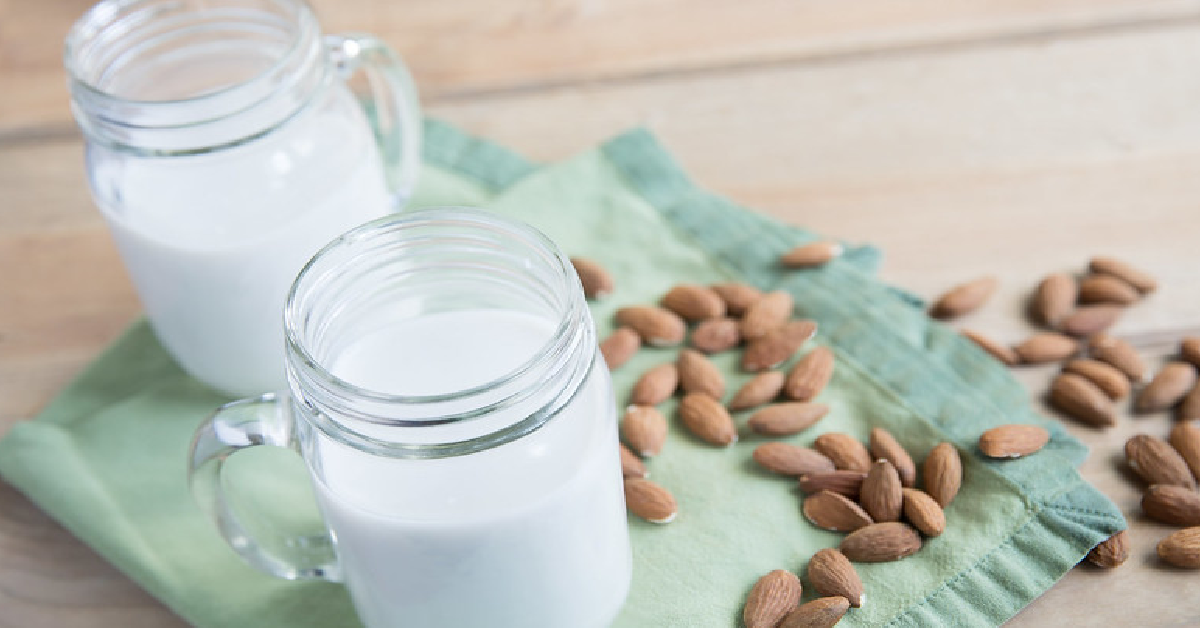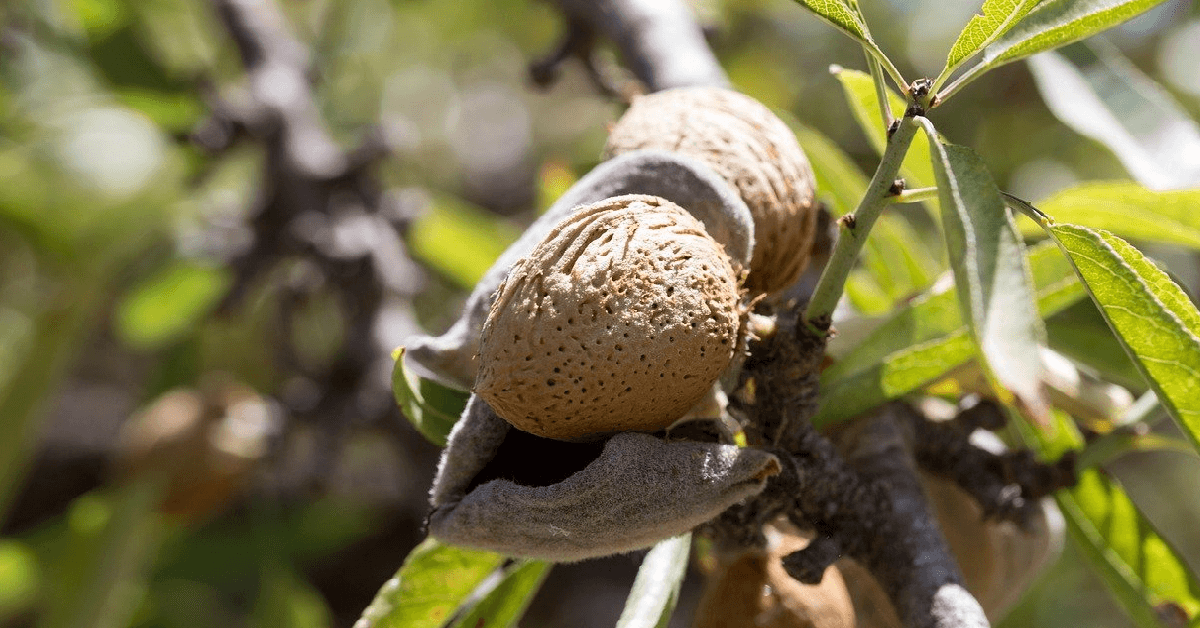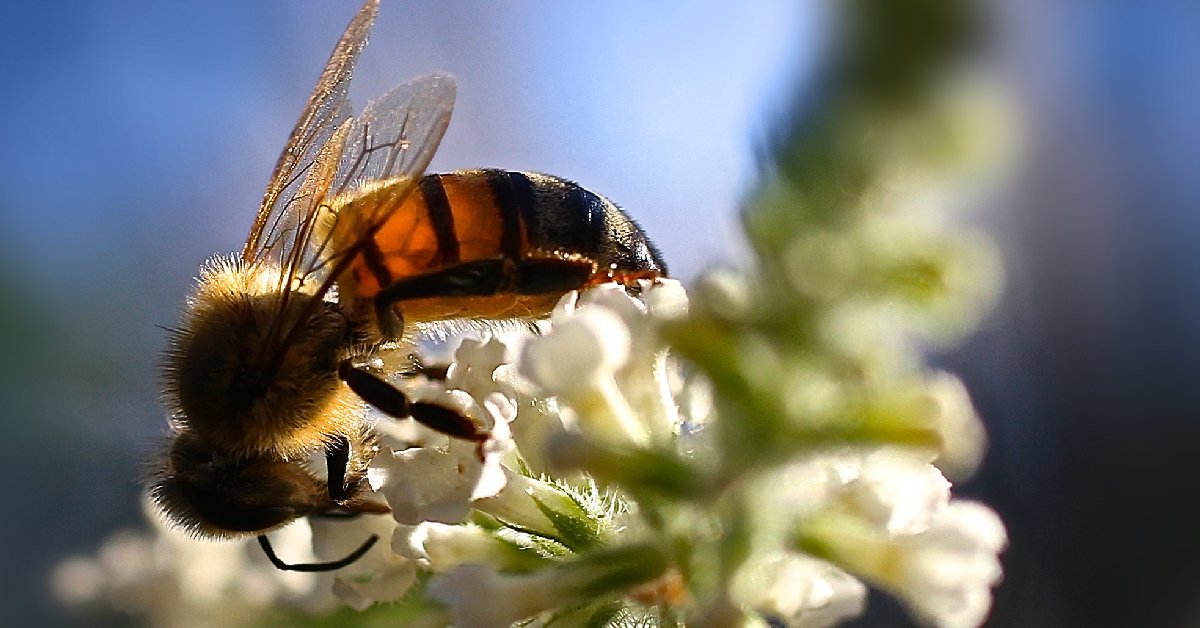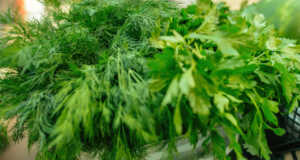Almond milk has gotten trendy lately but did you know that there is a downside that is not often discussed? You may want to read on and learn more before you start adding it to your daily routine.
Almond milk sales in the United States have been on the rise for some time now, finally cracking the $1 billion mark. There is no end in sight, as these sales are expected to continue to rise in the years to come. Experts believe that almond milk sales will continue to climb by over 14% by the time 2025 rolls around.

When lots and lots of almond milk is prepared, lots and lots of almonds are needed, as expected. According to Reader’s Digest, the United States almond milk drinkers are consuming a product that comes strictly from almonds that have been produced on a series of almond farms that are all located within the 500-mile radius in California. 80% of the world’s almonds come from these locations.
According to the Almond Board of California, 100% of the United States commercial supply of almonds comes from this region as well. There is one major resource that we may have failed to consider, though. In order to produce this many almonds, bees are required. Without their pollen, there is nothing that can be done. There is a vast amount of acreage to cover, too.

It is very hard for these farms to remain successful in these pursuits because the area is not exactly known for being hospitable to these insects. The season starts much earlier than the bees are accustomed to, which means that they need to be “deployed” during certain times of the year when they are typically dormant.
This disrupts their natural cycle. These are not the only worries that the bees have to contend with, as there are plenty of toxic pesticides to worry about. The bees must also keep themselves safe from various parasites and there are even aggressive honeybee species lurking.

Farmers are doing their best to get out in front of these concerns, though. “As an industry, we are committed to protecting and improving honey bee health,” the Almond Board of California says on its website. Bees are certainly facing a number of challenges going forward and we hope all goes according to plan.
If you’re concerned about drinking almond milk, you could always try out one of the various other alternative kinds of milk like soy, pea, rice, hemp, and more!












